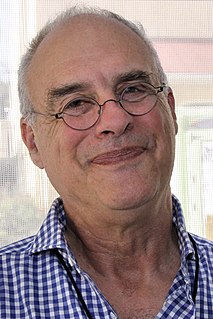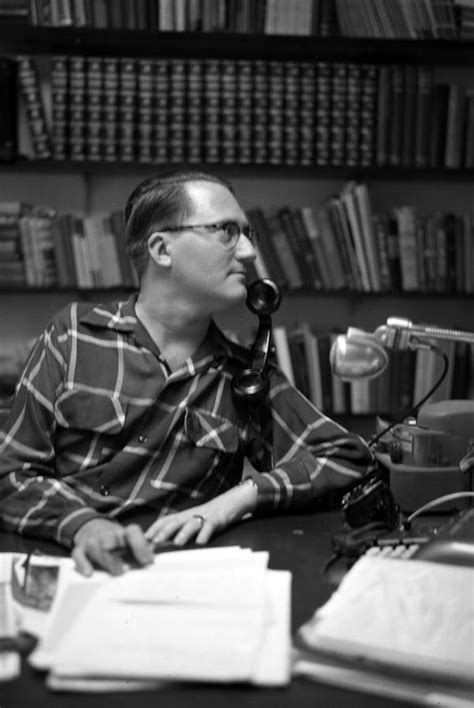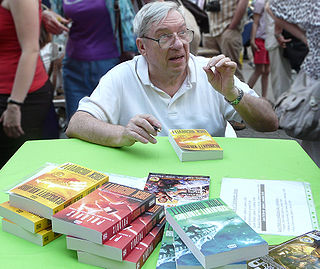A Quote by Joe Vitale
The universe is bigger than our egos and can supply more than our demand.
Related Quotes
When I pray the Lord's Prayer, I begin with the first word, "Our. . ." (see Matthew 6:9) and I stop and ask myself, "Who do I include in this Our?" I remind myself that the story of God is bigger than my personal story, bigger than the story of my religion, bigger than the story of all humanity, and bigger than the story of all creation. In the kingdom of God, these four stories are all really my stories - all at the same time - woven together, giving meaning and life to each other.
It is only a short step from exaggerating what we can find in the world to exaggerating our power to remake the world. Expecting more novelty than there is, more greatness than there is, and more strangeness than there is, we imagine ourselves masters of a plastic universe. But a world we can shape to our will is a shapeless world.
How is it that hardly any major religion has looked at science and concluded, “This is better than we thought! The Universe is much bigger than our prophets said, grander, more subtle, more elegant?” Instead they say, “No, no, no! My god is a little god, and I want him to stay that way.” A religion, old or new, that stressed the magnificence of the Universe as revealed by modern science might be able to draw forth reserves of reverence and awe hardly tapped by the conventional faiths.
In 1491 the Inka ruled the greatest empire on earth. Bigger than Ming Dynasty China, bigger than Ivan the Great’s expanding Russia, bigger than Songhay in the Sahel or powerful Great Zimbabwe in the West Africa tablelands, bigger than the cresting Ottoman Empire, bigger than the Triple Alliance (as the Aztec empire is more precisely known), bigger by far than any European state, the Inka dominion extended over a staggering thirty-two degrees of latitude—as if a single power held sway from St. Petersburg to Cairo.


































